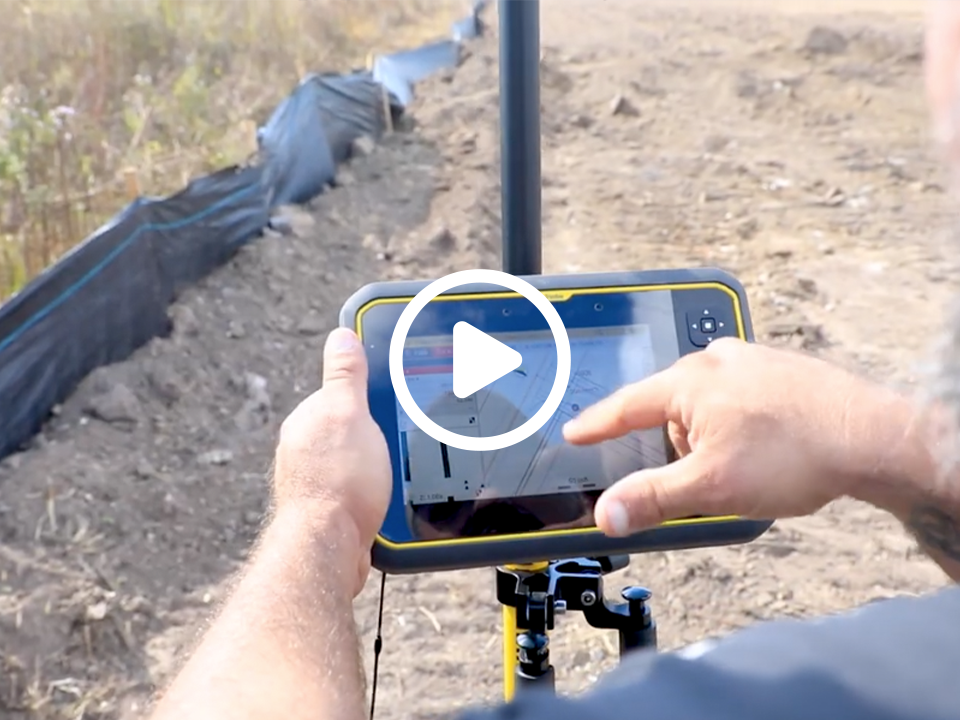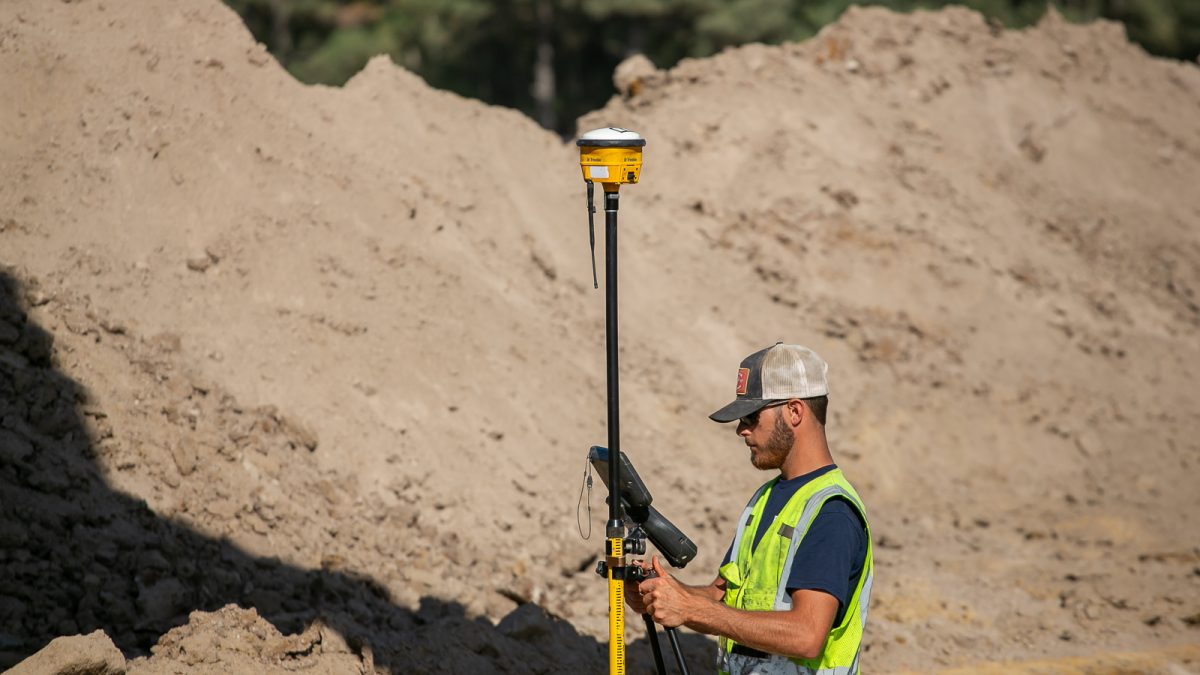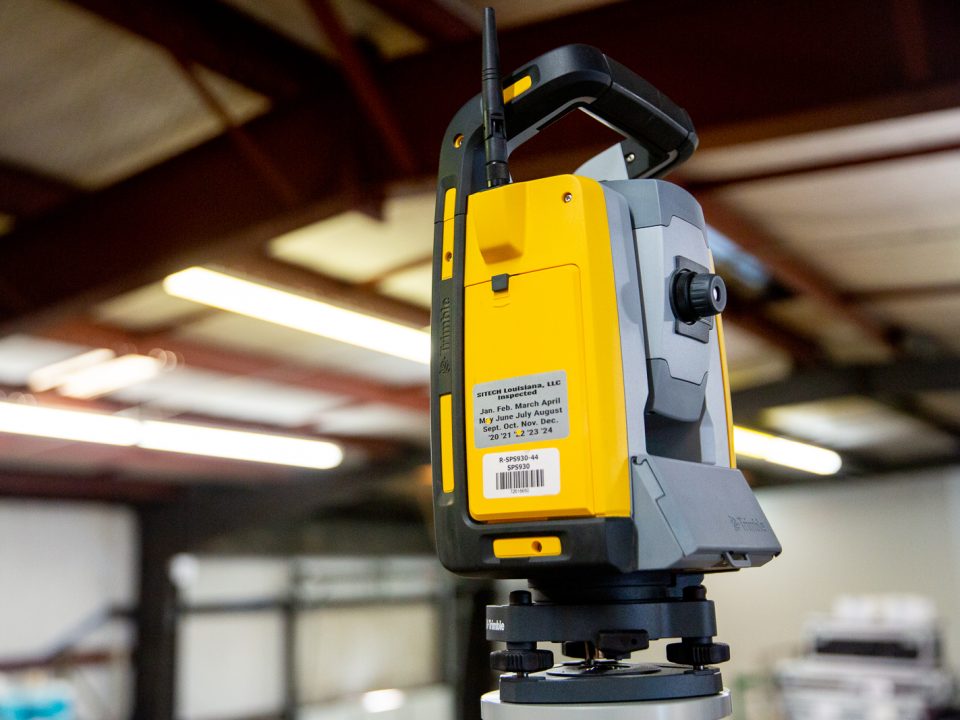
Hear About the Benefits We Provide Our Clients
November 7, 2023
Revolutionizing Law Enforcement With Drone Training
August 30, 2024In construction, using advanced technology is important to stay competitive and at the forefront of the industry. Today’s construction projects use advanced tools like Trimble, Rajant and commercial drones to improve accuracy, speed and safety.
However, using modern technology requires a skilled workforce. This workforce must be proficient in traditional construction practices as well as these new tools. This emphasizes the role of continuous learning and training in the construction sector.
The Current Landscape of Construction Technology
The landscape of construction technology has seen changes over the last decade. New technologies like GPS equipment, data systems and drones are changing how people manage and carry out projects.
Trimble’s solutions offer advanced GPS tracking and 3D laser scanning technologies that can map construction sites in great detail. This allows for precise measurements that were not possible with traditional tools.
Rajant’s kinetic mesh networks ensure continuous communication between devices in dynamic environments, which is critical for the seamless execution of construction projects. Drones provide an aerial view of the site, helping with tasks like surveying, mapping and safety monitoring.
However, to leverage these benefits fully, a skilled workforce that can operate these technologies effectively is essential.
The Importance of Training
The construction industry is quickly introducing new technologies, sometimes faster than workers can adapt on their own. To bridge the gap, we need ongoing training programs that match new technology.
Enhancing Skill Sets
Routine and product-based training helps in upgrading the skills of the workforce to match evolving industry standards. To use Trimble’s advanced equipment or understand Rajant’s networking capabilities, you need specialized knowledge and hands-on experience. This can be hard to obtain without targeted training sessions. This not only helps workers stay current in their field, but can also boosts their efficiency and productivity at work.
Boosting Morale and Reducing Turnover
Continuous learning opportunities can significantly boost the morale of employees. Employees who are trained feel appreciated by their employers, leading to higher job satisfaction and loyalty to the company. Reducing employee turnover is a significant benefit in industries such as construction, where experienced workers are highly valuable.
Staying Competitive
In an industry as competitive as construction, staying up-to-date with the latest technologies is crucial. Companies that invest in regular training for their employees ensure that they remain at the forefront of technological integration, thus maintaining a competitive edge in the market. Efficiently deploying advanced technology is crucial when bidding for new projects, as it can set you apart from competitors.
Implementing Effective Training Programs
To reap the full benefits of modern construction technologies, training programs need to be well-designed and effectively implemented. Here are some strategies that can be adopted:
- Tailored Training Solutions: Training programs should be tailored to meet the specific needs of the workforce and the technological demands of the projects they will be working on. For example, those who operate heavy machines may need different training than those who work with data or drones.
- Partnering with Technology Providers: Collaborating with technology providers like SITECH can be beneficial in designing training programs that are directly relevant to the tools being used.
- Continuous Learning Pathways: Training should not be a one-time event but a continuous process. As technologies evolve, so should the training programs. Workers can learn at their own speed by participating in workshops, courses and online learning tools.
- Practical and Hands-On Training: While theoretical knowledge is important, practical hands-on training ensures that workers can apply their knowledge effectively in real-world scenarios. Simulations and on-site training exercises can be particularly beneficial.
As the construction industry continues to evolve, the role of technology in shaping its future becomes increasingly central. For companies like SITECH Louisiana, investing in training and continuous learning is not just about keeping pace with technology—it’s about setting the pace.
Companies can improve efficiency, safety and stay competitive by training workers in new construction technologies. Ready to start learning new skills? Contact us or visit our Training page to learn more about our training options and help your team succeed.




